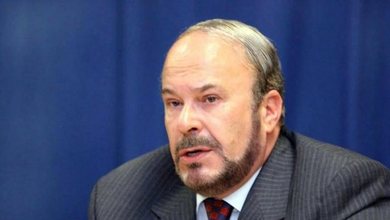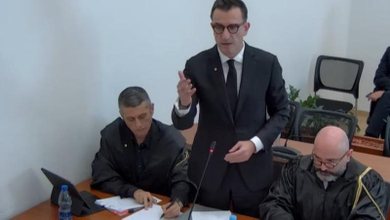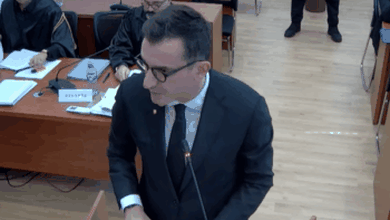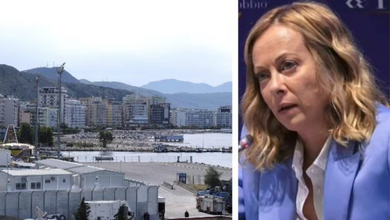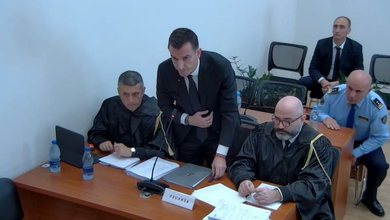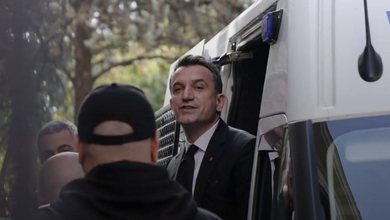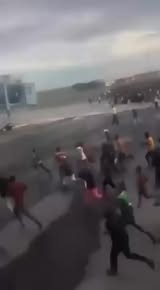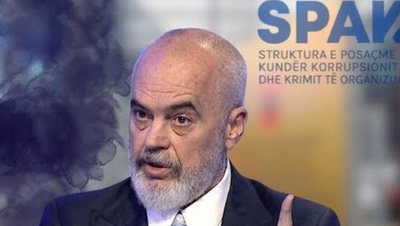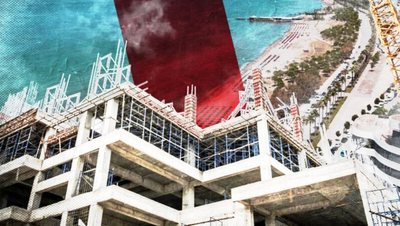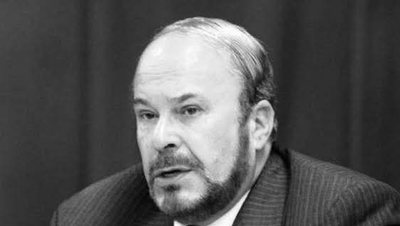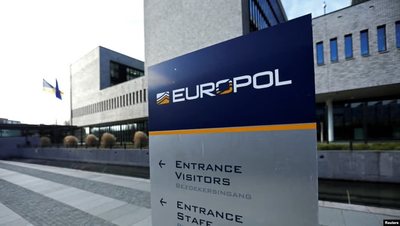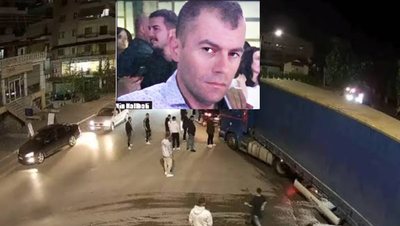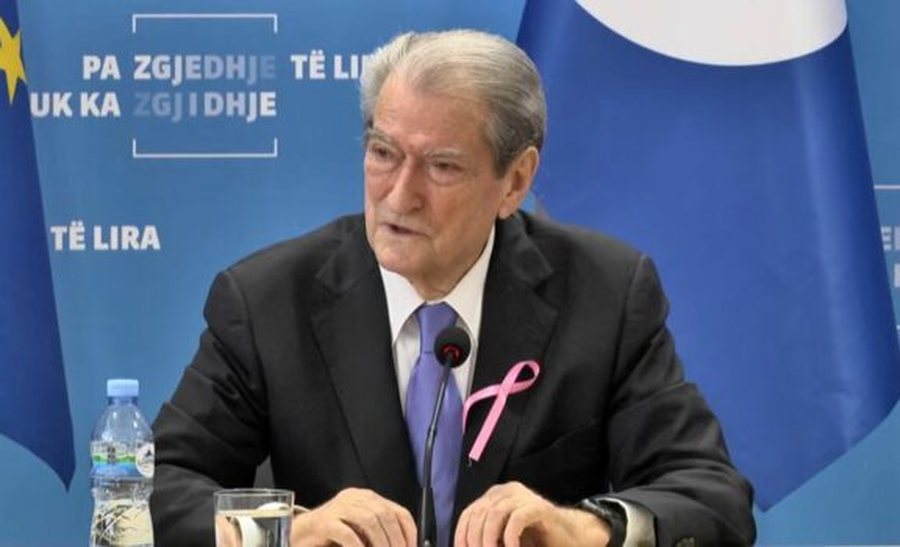
At today's press conference, Sali Berisha appeared before the cameras with an unusual tone. It was not the fiery Berisha we are used to seeing whenever Erion Veliaj's name is mentioned. On the contrary, it seemed as if, for a moment, the roles in Albanian politics were reversed.
“We support his arrest and conviction,” he said, but then the conversation took a turn. Suddenly, Berisha appeared as the man who had to decide justice over revenge. “We have to be fair to him,” he added, like an uninvited lawyer who finds himself defending his opponent.
He recalled the incinerator file: Veliaj's signature on 130 million euros that, according to him, was not touched because "Edi Rama is above it." It was at that moment when Berisha, attacking Rama, seemed to slip into an involuntary defense of Veliaj: if justice were to function, either both would fall, or the process would be dishonest.
Then came Veliaj's comparison to the Colombian mayor kidnapped by the FARC. In any other circumstance, Berisha would have mercilessly mocked him. But today, he chose a different tone: "it's not that those procedures in the Municipality were respected more than the FARC."
And it continued: successive decisions, within a day, without the right to be heard. “Our advisors asked to be heard,” Berisha said, congratulating his own for an act that looks more like a defense of principle than a political fight. At that moment, it seemed as if Veliaj was not just the former mayor in the dock, but the symbol of a precedent that even his opponents want to avoid.
Berisha closed by making clarity foggier than ever:
"Veliaj is not innocent. But procedure is everything."
In a country where the law often follows political will, today Berisha, perhaps unintentionally, kept the word that Veliaj would have liked to keep himself:
Guilt is a matter for the court. Procedure is a matter of democracy.
And, on the Albanian political scene, for a single day, the eternal adversary sounded like the most zealous defender of the "enemy".


